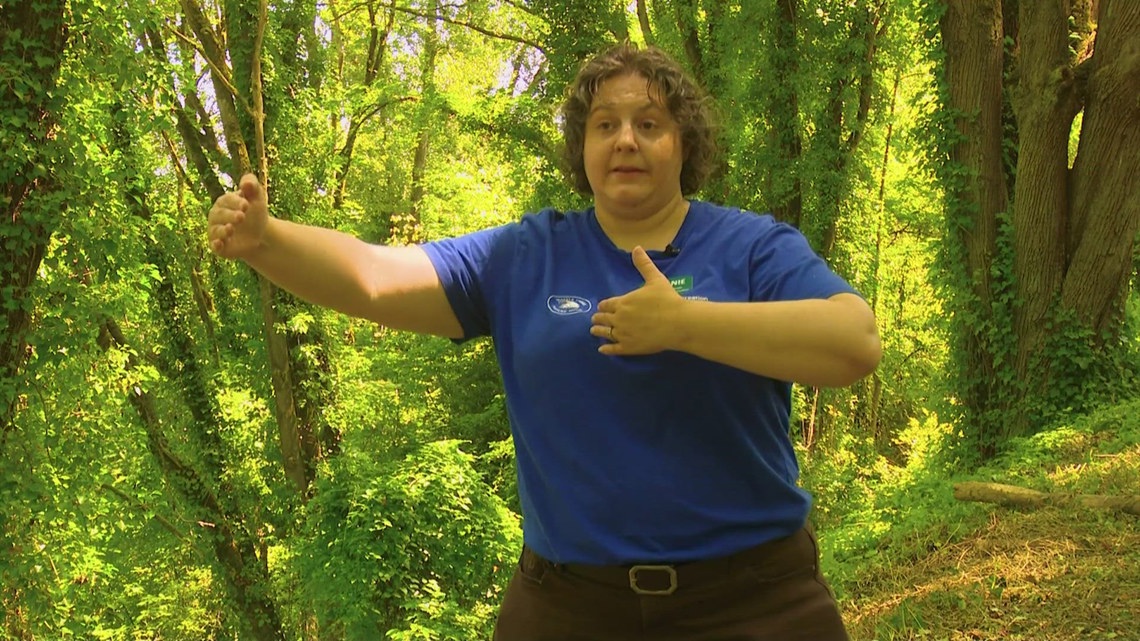Starting next month, you won’t be able to buy English ivy at Washington state nurseries.
SEATTLE — Environmental activists are celebrating the passage of a new rule that will ban nurseries across Washington state from selling English ivy starting next month.
The fast-growing invasive plant has been choking out native trees for decades.
The ban comes after the Washington State Department of Agriculture passed a rule July 9 adding English ivy along with 18 other species to its noxious weed seed and plant quarantine, prohibiting their sale and distribution. Atlantic/Boston ivy was also added to the list.
The regulations go into effect Aug. 9.
At Seattle’s Interlake Park, a green blanket of English ivy covers much of the landscape.
“When I come here, I see this as a sick forest,” parks volunteer Melanie Weinecke said, pointing to areas where the ivy is “choking out these trees.”
The invasive species spreads aggressively, killing trees, smothering native plants and reducing biodiversity. City volunteers spend considerable time helping clear ivy throughout Seattle.
“It’s manual labor. It’s hard work. You get dirty,” Weinecke said.
Advocates hope the new law will help alleviate the backbreaking removal work.
“We’re definitely celebrating here,” said Michael Feerer, founder of Whatcom Million Trees Project, a nonprofit that petitioned the state to get the plant on the ban list.
English ivy was previously a Class C noxious weed, which means it’s already widespread and counties were allowed to enforce control of the plant.
The organization gathered over 1,500 signatures during its campaign. Feerer said some nurseries agreed to remove the plant from inventory during the process, but others resisted.
“Several others said, oh, gosh, we understand, but we want to still sell it because box stores and other places are still selling it, and there are competitors. And we got to be competitive,” he said.
While Washington is unlikely to ever be completely rid of the invasive plant, Weinecke emphasized the importance of staying optimistic.
“If you look at this whole space and say I can’t clear this whole space, then nothing happens,” she said. “But if you say I can clear this space, and then the next time this space, that kind of thinking is effective.”
